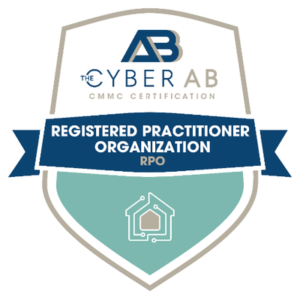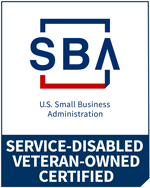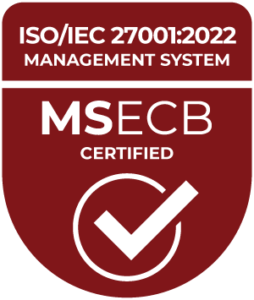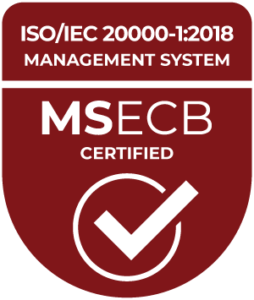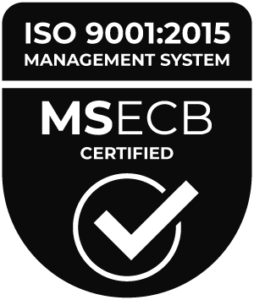Practicing good cyber hygiene means proactively maintaining the health and security of an information system by establishing routine processes to defend against cyber threats and attacks. It makes data less vulnerable to the risks present in the threat landscape and even helps to prevent information and data from being misplaced.
Proper cyber hygiene is essential for every employee at every level of an organization. However, many workers still engage in risky behaviors that could jeopardize their company and its information. And the increase in remote and hybrid working has only amplified the problem. The following are some cyber hygiene best practices to help your organization better protect itself, its employees and clients, and its data.
Cyber Hygiene Best Practices
Increase Cyber Awareness
Developing a solid awareness program that focuses on all aspects of cybersecurity is one of the biggest ways organizations can reduce risk. Training for all employees – not IT and security personnel — is also critical to minimizing risk and preventing attacks.
Install Patches
Ensuring that your organization’s digital resources have the latest security patches and software updates is another component of good cyber hygiene. It’s also important to establish a schedule for handling updates and patches. Consider setting up some to install automatically. Make sure to always run the current version of your antivirus software, and track vulnerabilities on all assets as well as monitor for new ones.
Manage Access
Your organization should also consider instituting the principle of least privilege to limit access to authorized users via an access control list and role-based access control.
Devices can allow unauthorized users to gain access or cause corruption through unlocked screens, tampering, pirated software and backdoors. So you may want to adopt a standard approach to manage these issues, such as ISO 28000:2007.
Utilizing firewalls and requiring remote devices to connect via a virtual private network are both excellent safeguards. Data loss prevention controls can also detect and prevent users from sending company data to personal devices. And securing data with endpoint encryption can also help prevent data loss.
Require Strong Passwords
One of the most critical cyber hygiene practices is to create strong, unique and complex passwords consisting of at least 12 characters that combine letters, numerals and special characters.
Remember to change passwords often – at least every 90 days – if you don’t have multi-factor authentication, and change the default login credentials on all new endpoint devices. You can also improve password security with a password manager.
Looking for some cyber hygiene support? MBL’s cybersecurity services can help your business navigate the ever-changing cybersecurity and regulatory landscape.
